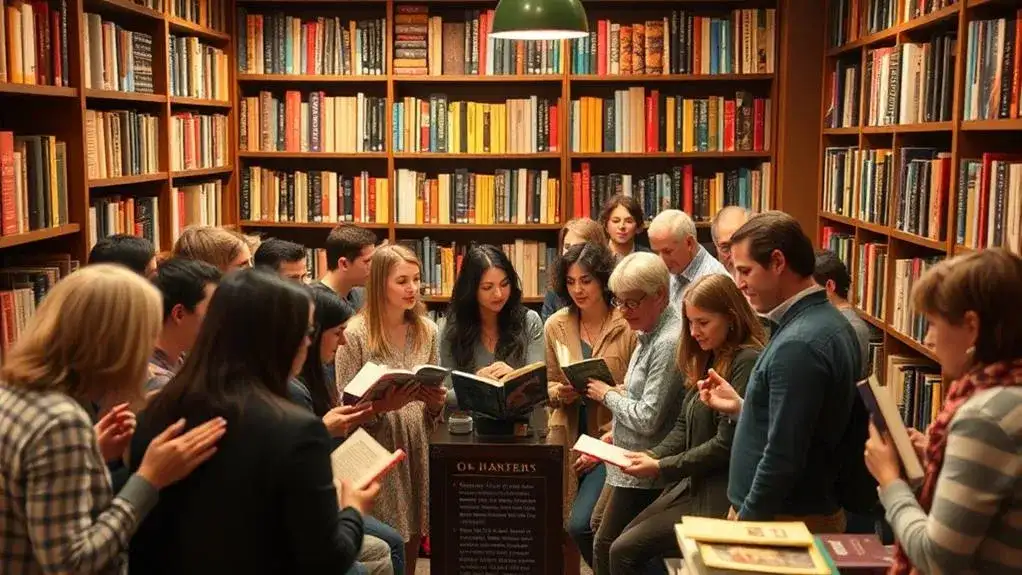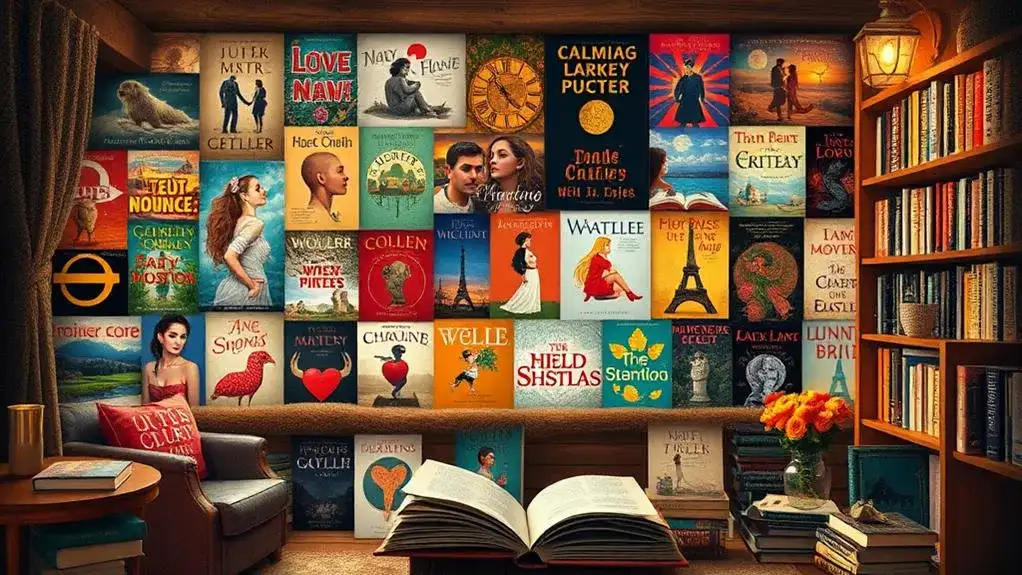Introduction
-
Purpose of the Big Read:
Introduce the BBC’s Big Read initiative, its purpose, and the influence it had on the UK’s reading culture. Mention how it engaged the public and highlighted their literary favorites. -
Connection with Readers:
Discuss how the initiative made literature more accessible and encouraged people to interact with books, fostering a deep connection with storytelling.
The Launch and Evolution of the Big Read

-
Origins and Concept:
The BBC’s Big Read started in 2003 as a nationwide voting project to determine the UK’s favorite novel. -
Public Participation:
Dive deeper into the public nomination process, its broad engagement via online voting, phone calls, and text submissions. -
Top 100 Countdown:
The countdown broadcasted on BBC2 created excitement and a sense of inclusion for readers. -
The Extended List:
Exploration of the top 200 list and how it expanded the variety of books highlighted.
Iconic Novels and Their Societal Impact
-
Classic Favorites:
Focus on the enduring appeal of novels like Pride and Prejudice, To Kill a Mockingbird, and The Lord of the Rings. Discuss the thematic depth in these works—love, social class, racial injustice, and epic adventures. -
The Enduring Relevance:
Why these novels continue to resonate across generations. Highlight how these books shape modern society and discussions on crucial social issues. -
Reader Ratings and Feedback:
Mention the ratings of these novels and provide statistics on how they were perceived by the public.
Themes in Popular Literature
-
Love and Social Class:
Analyzing Pride and Prejudice in the context of its depiction of love, marriage, and the impact of social class on relationships. -
Racial Injustice and Moral Growth:
Explore how To Kill a Mockingbird tackles racial injustice through the lens of moral development. -
Totalitarianism and Freedom:
Examine Nineteen Eighty-Four and its focus on privacy, surveillance, and the consequences of a dystopian society. -
Revenge, Redemption, and Identity:
Dive into Wuthering Heights and its exploration of tumultuous love, revenge, and identity crises.
Influential Authors and Their Legacies
-
J.K. Rowling and the Harry Potter Phenomenon:
Delve into how the Harry Potter series captured the hearts of readers of all ages, changing children’s literature forever. -
J.R.R. Tolkien’s Legacy in Fantasy Literature:
Explore The Lord of the Rings as a transformative work in the fantasy genre. -
George Orwell and Social Commentary:
Examine Orwell’s vision in Nineteen Eighty-Four and how it has remained relevant in contemporary society. -
Harper Lee’s Powerful Message in To Kill a Mockingbird:
Discuss how Lee’s book provides a poignant commentary on racial inequality and moral integrity.
Reader Engagement and Community Building

-
The Power of Collective Voting:
Analyze the significance of a public voting system that allowed readers to actively participate in shaping the list. -
Building a Sense of Community:
Explore how the Big Read facilitated reader interactions and created a shared literary space. Discuss reader connections formed through shared preferences for various genres and themes. -
Public Discussions and Media Coverage:
Highlight how the media buzz around the Big Read helped stimulate debates, discussions, and deeper interest in literature nationwide.
The Evolution of the Big Read’s Impact
-
Influence on Contemporary Literary Culture:
Discuss how the Big Read has influenced literary trends, reading habits, and public engagement with books. -
Broader Cultural and Educational Impact:
Look at the educational value and cultural conversations ignited by the list. Mention how it has inspired reading clubs, further media adaptations, and literacy programs.
Legacy and Continued Relevance
-
Long-Term Impact on Reading Habits:
Reflect on how the initiative shaped the reading culture in the UK and beyond. Explore its lasting effects on book sales, adaptations, and how new generations of readers engage with these classics. -
The Big Read’s Enduring Popularity:
The list continues to be referenced today, even years after the campaign ended. Readers continue to engage with and discover books from the Big Read’s top 100.
Conclusion: The Unifying Power of Literature
-
Bringing People Together Through Stories:
Conclude by highlighting the unifying power of literature. Emphasize that the Big Read not only showcased beloved books but also fostered a nationwide conversation about the importance of reading and the societal role of books in shaping collective consciousness.



